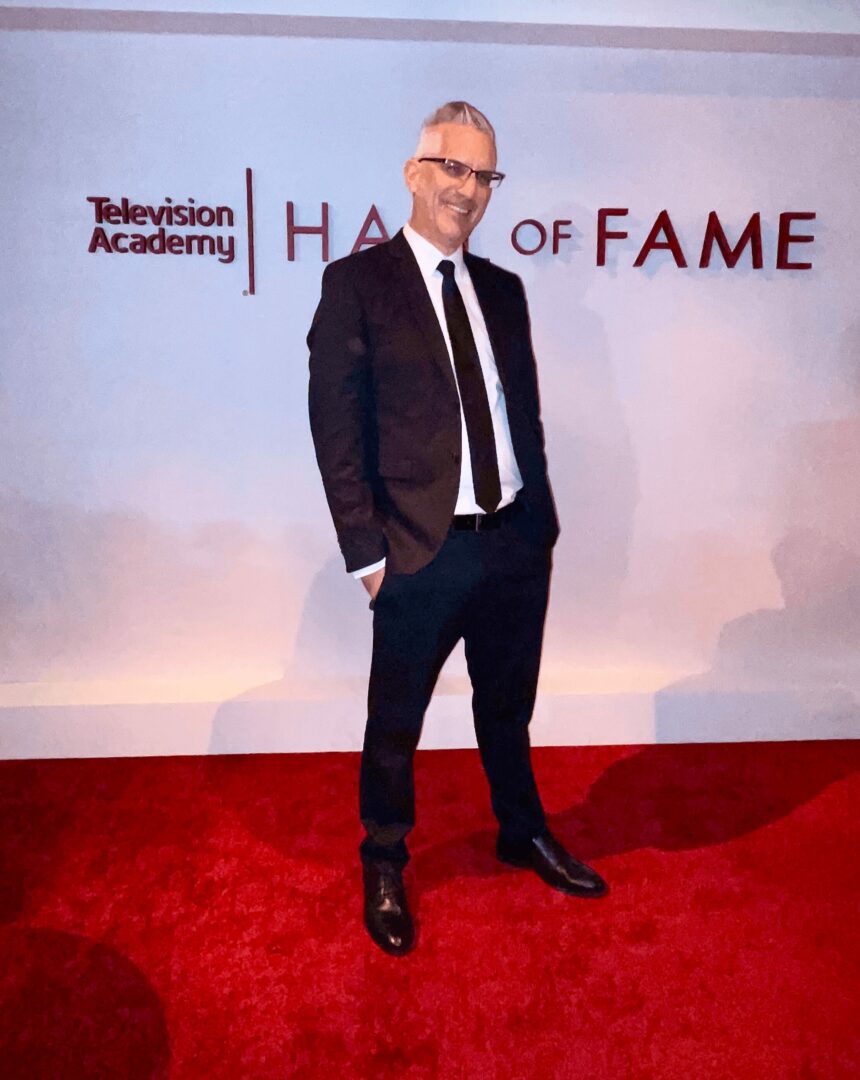We’re excited to introduce you to the always interesting and insightful John “QUIG” Quigley. We hope you’ll enjoy our conversation with John “QUIG” below.
John “QUIG”, looking forward to learning from your journey. You’ve got an amazing story and before we dive into that, let’s start with an important building block. Where do you get your work ethic from?
It’s dawn on location. The crew is pulling cables, a generator hums faintly in the background, and the air carries that edge of anticipation before the first shot. In the distance, I walk the space with my production team, quietly replaying the day’s setups in my mind like a film reel only I can see. I’m not scanning for what’s working—I’m scanning for what could fail. Traffic noise or a plane overhead that might interrupt a take. A shifting shadow line that will drift as the sun climbs. A location move that risks eating into lunch. Every variable gets accounted for before I can call “Action.”
Prep Is Everything:
On the surface, I try to make it look effortless. My films move with rhythm, shots feel instinctive, and the sets hum with quiet confidence. But behind that calm exterior lies a simple truth: nothing comes easy. What looks natural is the result of discipline, persistence, and an almost stubborn commitment to preparation.
For me, filmmaking has never been about winging it or waiting for inspiration to strike. Prep is everything. if there’s a detail that needs to be looked at or rehearsed, we rehearse it. If it can’t be rehearsed on set, I’ll rehearse it on paper or in my head until I’ve imagined the best way to film it, and figured out how to prevent any mistakes. That approach has guided me as a director and producer for nearly four decades, creating music videos, commercials, documentaries, television episodes, and features under my production banner, Chrome Bumper Films.
The Early Lessons:
My work ethic wasn’t inherited—it was forged in the unpredictable trenches of early productions, where resources were scarce and failure always felt one step away. Back then, I wasn’t just the director. I was the cameraman, the grip, the editor, the problem-solver when gear broke down or a location fell through. I was also the one booking the hotel rooms and making sure the crew had a good meal during a long day. A decent hotel, a solid meal, even a good seat on the plane—all those details mattered. They signaled respect, and they made the hard work sustainable.
I’ve always believed the right crew is built not just on skill, but on attitude. When you’re shoulder to shoulder with people for days on end, you want not only the best at their craft, but also the people you actually enjoy being around. Those scrappy days taught me something lasting: no amount of talent or vision could overcome a lack of preparation. If I didn’t think three steps ahead, the production could collapse. So I made it a habit—rehearse, anticipate, prepare.
Even as a young filmmaker, I ran through every setup in my head, sometimes shooting test footage just to expose the weaknesses before anyone else had to deal with them. That saved time, built trust, and set the tone. Respecting the actors, crew, and production team meant never wasting their time and never letting the budget bleed into overtime.
The High Stakes of Big Work:
As I moved from small projects to bigger campaigns for music stars like Eminem or brands like General Motors and HBO Max, the stakes grew higher. A missed cue or faulty setup wasn’t just inconvenient—it could derail a project, get overlooked for the next project, or damage your reputation.
I started treating every production like an athlete treats a championship event. Every location was scouted in depth, every shot walked through, every move rehearsed with the crew and talent. Off set, I’d run the project again in my head and on paper until I could see the whole day unfold beat by beat. By the time cameras rolled, I wasn’t relying on luck—I was relying on preparation. Filming days should be gratifying, not filled with panic over what might go wrong.
No project has ever been easy. Some only look that way on paper. That’s why the same preparation goes into every shoot—whether it’s a one-day job or a month-long production. For me, production should be fun, and fun comes from being ready. That’s the culture I’ve built into my teams. We prep together, anticipate problems together, and when something inevitably goes wrong, it’s usually minor—and quickly solved.
That kind of prep doesn’t limit creativity—it frees it. When the groundwork is done, you can let go in the moment. That’s when inspiration really shows up.
Turning Setbacks Into Lessons:
Of course, the road hasn’t always been smooth. Not every idea landed, not every pitch was accepted, and not every project was greenlit. But I’ve never seen those moments as failures. They were rehearsals. Every “no” became a chance to refine, to sharpen, to prepare for the next opportunity. Over time, resilience grew alongside discipline.
Learning From Artists:
One of the most rewarding chapters of my career has been directing award-winning music videos, films, commercials, and especially the multiple documentaries on artists. Sitting with the best musicians, painters, and actors in their spaces, watching them work, I saw my own philosophy reflected back at me. They showed me that mastery isn’t about waiting for inspiration—it’s about showing up every day, doing the work, and living in the details. That lesson deepened my craft and reminded me that storytelling is ultimately an act of service: to the subject, to the audience, and to the truth at the heart of the piece.
The Philosophy Today:
Now, whether it’s a Super Bowl spot, a television episode, or a documentary, I approach every project with the same ethic. I try to be the first on set, to tackle obstacles before anyone else sees them, and to notice the small details that might slip by. Excellence isn’t an accident—it’s built quietly, in the prep. I am also the last on set making sure everything is accounted for and all are thanked for their time and help on the production.
That discipline doesn’t just keep productions moving—it creates space for the unexpected, for those moments of magic that make a project unforgettable.
And it doesn’t stop with work. I carry the same mindset into daily life. Preparation, to me, is about more than filmmaking. It’s about eliminating wasted time, creating space to be present, and making sure the people around me feel supported.
After nearly four decades, the ethic remains the same: show up ready, work harder than expected, and prepare until mistakes have nowhere left to hide.
Preparation isn’t a chore. It’s gratitude in action. It’s the foundation of creativity, the fuel of resilience, and the quiet reason my work continues to move forward in an industry that demands both vision and humility.
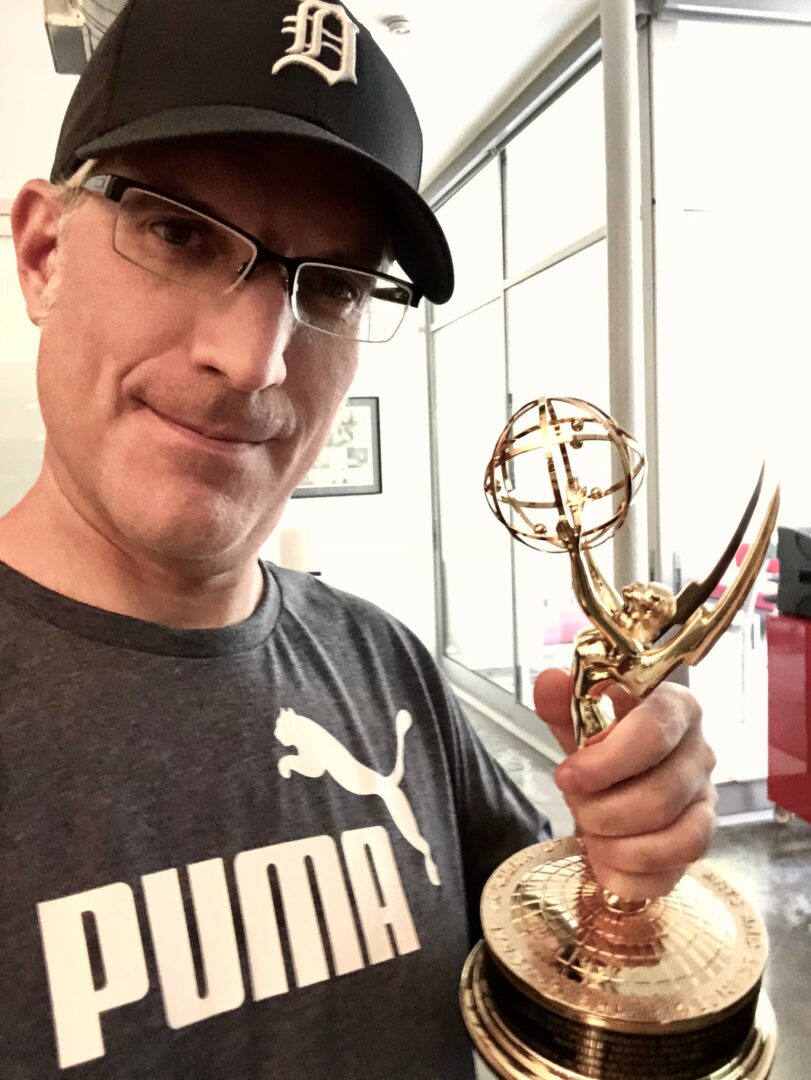
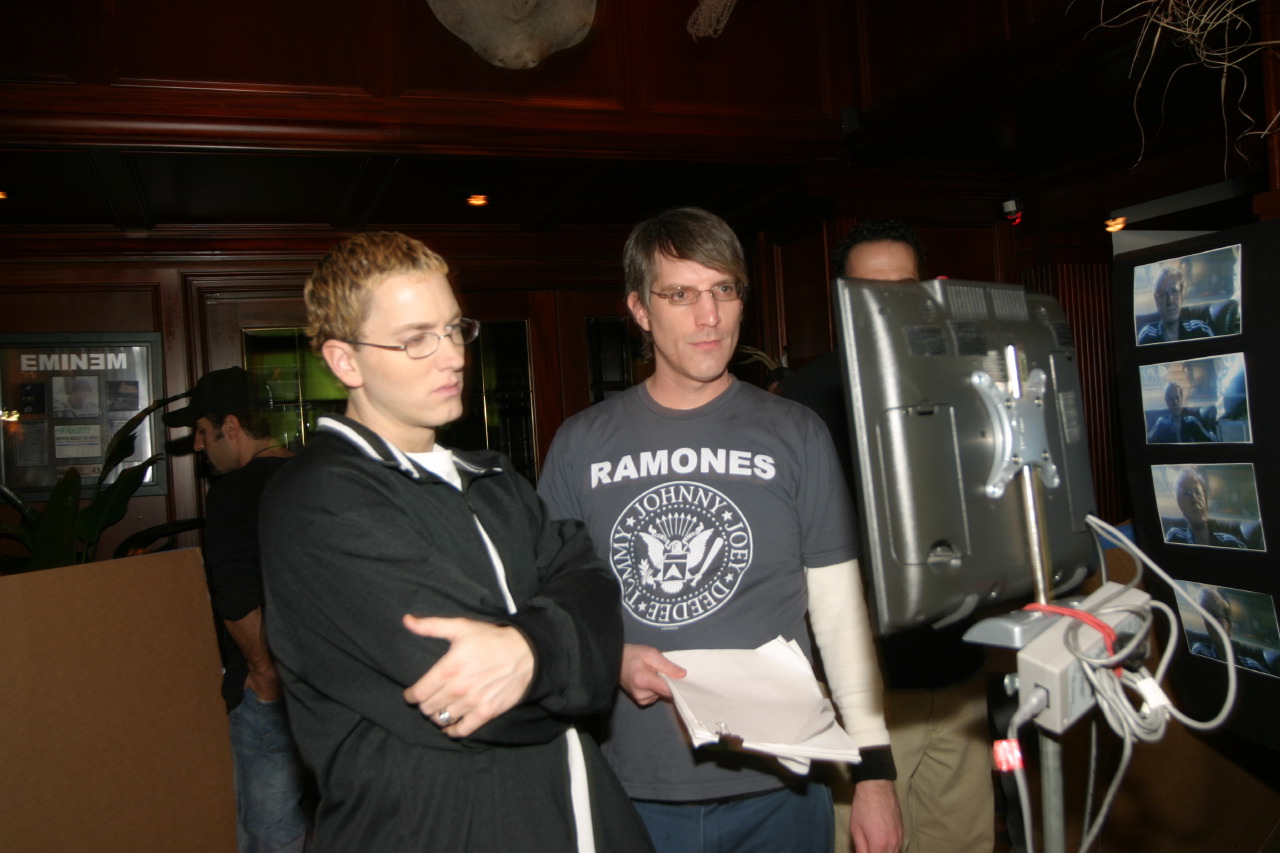
Thanks, so before we move on maybe you can share a bit more about yourself?
I am a director, producer, and the owner of Chrome Bumper Films, a full-service production and post-production company. Our award winning work spans music videos, commercials, advertising, marketing, documentaries, episodic television, short films, and features—but at the heart of it all, we specialize in storytelling.
I started directing at 18 years old with my first music video for the soundtrack from the movie Point Break. Yes, that Point Break. Keanu Reeves, Patrick Swayze, bank-robbing surfers—the whole nine yards. At the time, movie soundtracks were often as influential and commercially successful as the films themselves. And just like that, my work was in regular rotation on MTV, and soon I was directing videos and projects for artists and bands like Eminem, 50cent, Kid Rock, Sponge, George Clinton, The Romantics, His Name is Alive, The Melvins, even Tori Amos, and a bunch of other artists whose names look great in a resume flex.
I worked closely with Eminem for over 8 years, directing some of his most iconic projects. As his career skyrocketed, so did mine. I became his trusted, in-house director for nearly all visual content—at one point, he was 99% of my work. My film office was in the same building as his recording studio, making collaboration seamless. My work with Eminem spanned a wide range of projects, from directing music videos like (Mockingbird) to editing live performances such as (Live from Madison Square Garden) for Showtime. I also worked on many of his concert tour DVDs (The Anger Management Tour), directed television appearances (Top of the Pops), and directed several concert tour intro films. Additionally, I directed and produced his record-breaking documentary (Eminem: All Access Europe), provided album cover design support (The Re-Up), and even had a hand in post-production on a segment of the 8 Mile DVD. More recently, my filmed archive footage from earlier in his career was featured in the documentary STANS, allowing me to continue contributing to the story of his journey in a meaningful way. With Eminem’s success came more opportunities—I directed or filmed projects featuring 50 Cent, D12, Dido, Lady A, Marilyn Manson, Obie Trice, Sigur Ros, and even legends like Aerosmith’s Steven Tyler and Willie Nelson.
By this point, I was directing/producing massive 40 multi-camera productions, including Kid Rock stadium concerts with helicopter footage (because why not?). But then MTV did the unthinkable—it stopped playing music videos. So, like a camera on a tripod, I panned and pivoted. As advertising and documentaries adopted the fast-paced, music-driven storytelling style pioneered by MTV, transitioning into commercial and documentary work was a natural progression for myself and Chrome Bumper Films. Advertising and documentaries became my new playground. I won Best Director at the New York Film Festival for a documentary about Russian hockey legend Igor Larionov. My work for brands like General Motors, and Saint Joseph Mercy Health System—including projects featuring QB Matthew Stafford—snagged Emmys, MarCom Awards, Telly Awards. and even a Super Bowl ad. And somewhere in there, I directed over 60 award winning micro-documentaries on artists and painters because apparently, I can’t resist to help creatively showcase a talented artist.
Creativity is what separates Chrome Bumper Films from the rest, it transforms the ordinary into something extraordinary. My goal has never been to settle for “good enough.” I want to craft experiences that pull you in, hold you, and leave a lasting impression. The beauty of creative filmmaking is that it doesn’t come with a manual or somehow learn watching a youtube channel. True creativity isn’t a formula—it’s instinct, risk, and discovery. It begins with learning the fundamentals of filmmaking and then having the courage to push the pedal to the floor.
Music is a big part of my storytelling. Music and film, in particular, are inseparable in my process. They’re partners in a creative marriage, each amplifying the other until the story doesn’t just unfold—it resonates. When the right image meets the right piece of music, it stops being just a story on screen. It becomes something you feel.
But talent and vision alone aren’t enough in this industry. The truth is, every step of my journey has been shaped by the people I’ve met along the way—mentors, collaborators, clients, and friends who believed in me when it mattered most. Filmmaking is, at its core, a collective art. It requires trust, teamwork, and the dedication of people who share the same passion for bringing an idea to life. I wouldn’t be where I am without them, and I know the path ahead will continue to be built on those relationships.
As a member of the Television Academy, I aspire to stand among the best in this craft—not for recognition, but because the pursuit itself demands growth. Staying at that level requires humility, hard work, and the willingness to keep learning, even after decades in the industry. Success is never a straight road. It’s filled with unexpected turns, challenges that test you, and moments that redefine your direction.
Through it all, my mission remains the same: to carve my own path, to push creative boundaries, and to tell stories that matter. Stories that aren’t just watched—but felt, remembered, and carried with you long after the credits roll.
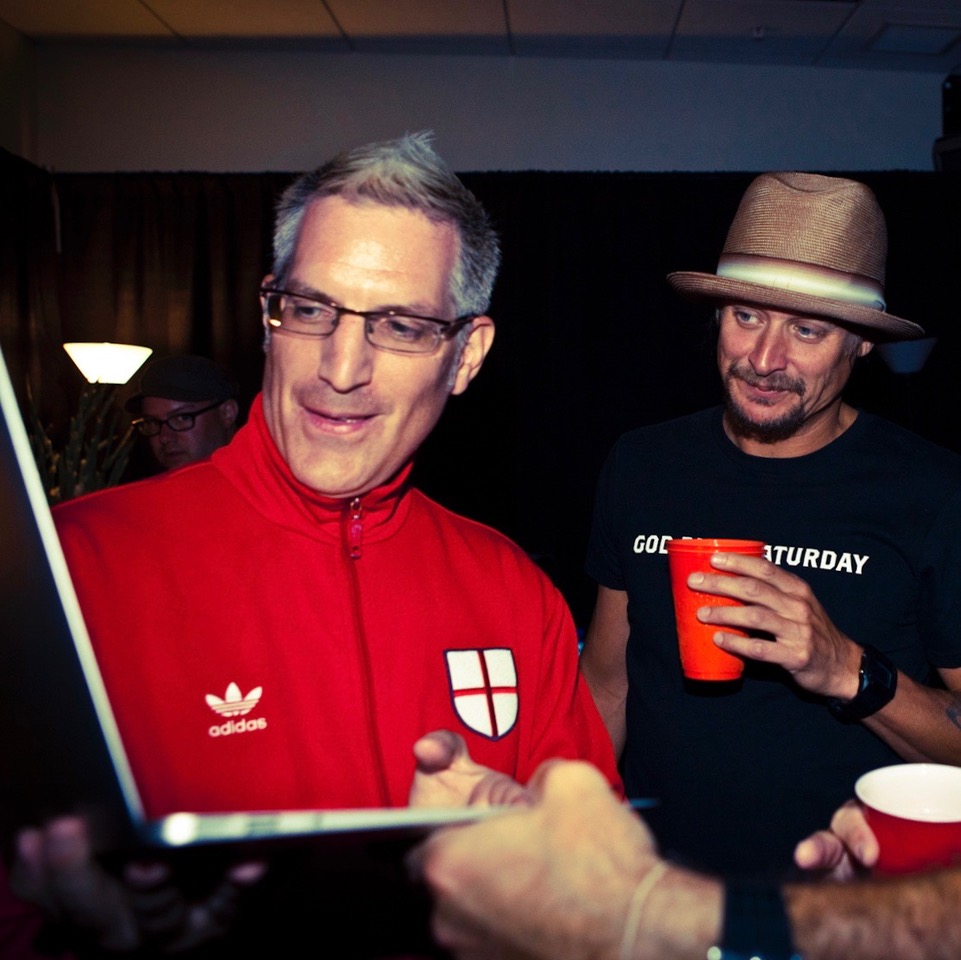
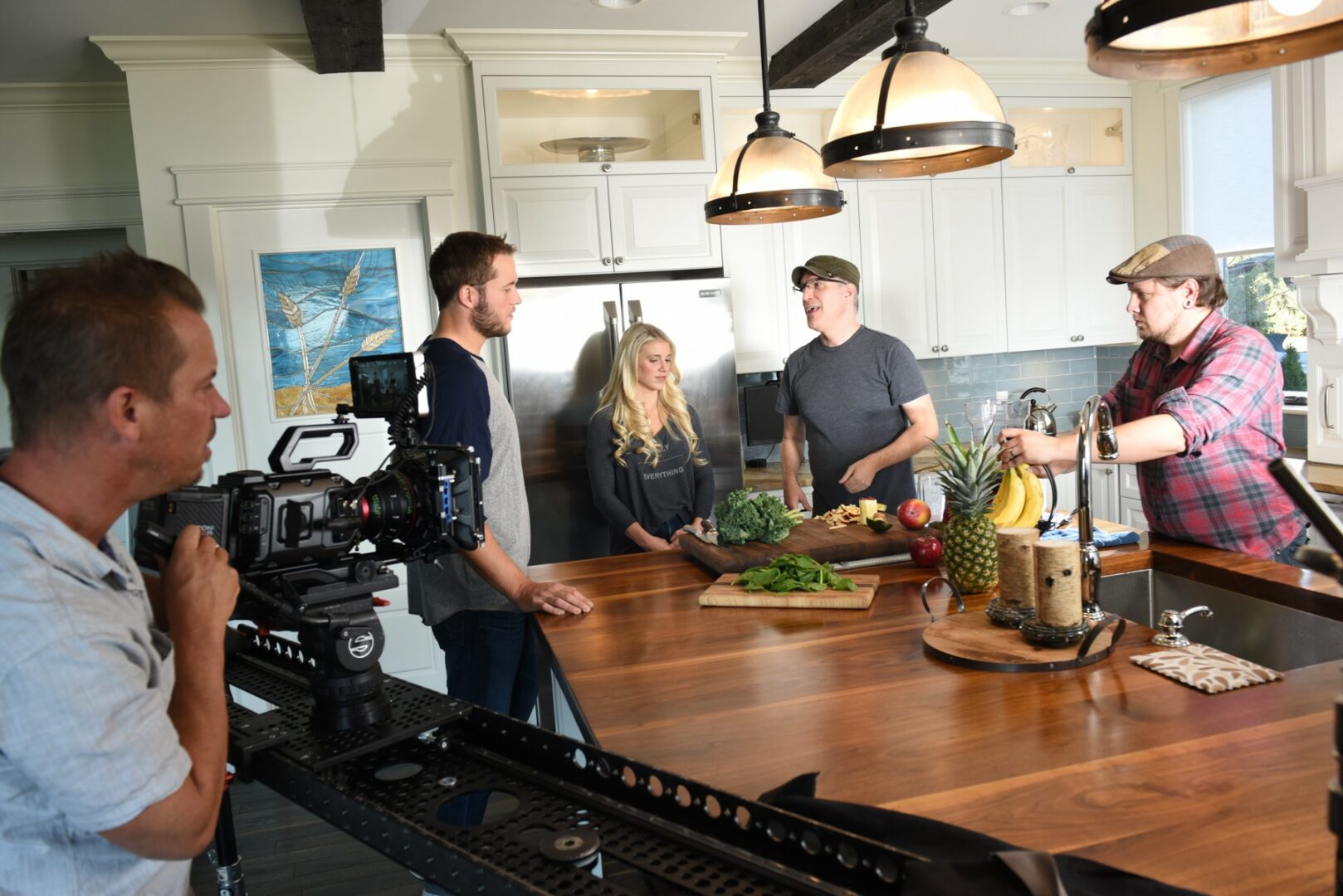
Looking back, what do you think were the three qualities, skills, or areas of knowledge that were most impactful in your journey? What advice do you have for folks who are early in their journey in terms of how they can best develop or improve on these?
1. Creative Vision & Storytelling:
Having the instinct for visual storytelling that blends cinematic artistry with emotional resonance. Understanding how to craft stories that don’t just entertain but stay with audiences—combining music, imagery, and narrative to create experiences that are felt as much as they are seen.
2. Technical Mastery & Production Knowledge:
With decades of experience across directing, producing, editing, and post-production, I have a deep command of the filmmaking process. From pre-production planning to the final cut, I know how to balance artistry with technical execution, ensuring that creative vision translates seamlessly on screen.
3. Collaboration & Leadership:
Success in filmmaking requires more than individual talent, it requires teamwork. I value the relationships built with artists, crew members, and collaborators throughout my career. The ability to lead with clarity while fostering a collaborative environment allows me to bring out the best in those around me, ensuring every project benefits from a collective vision.
For anyone starting out in filmmaking, my advice is simple: study, experiment, and collaborate. Watch as many different mediums as you can, analyze what works, and learn to tell stories visually—through shot choice, pacing, and emotion. Master the fundamentals of camera, lighting, sound, and editing, but don’t let the tools define you; they’re there to serve your vision. Take every opportunity to get hands-on experience on real sets, and never be afraid to try something bold—even mistakes are lessons. Equally important, filmmaking is a team effort. Listen, communicate clearly, and build relationships you respect. The people you work with will shape not only your projects, but your career. Stay curious, stay humble, and keep pushing your own creative boundaries.
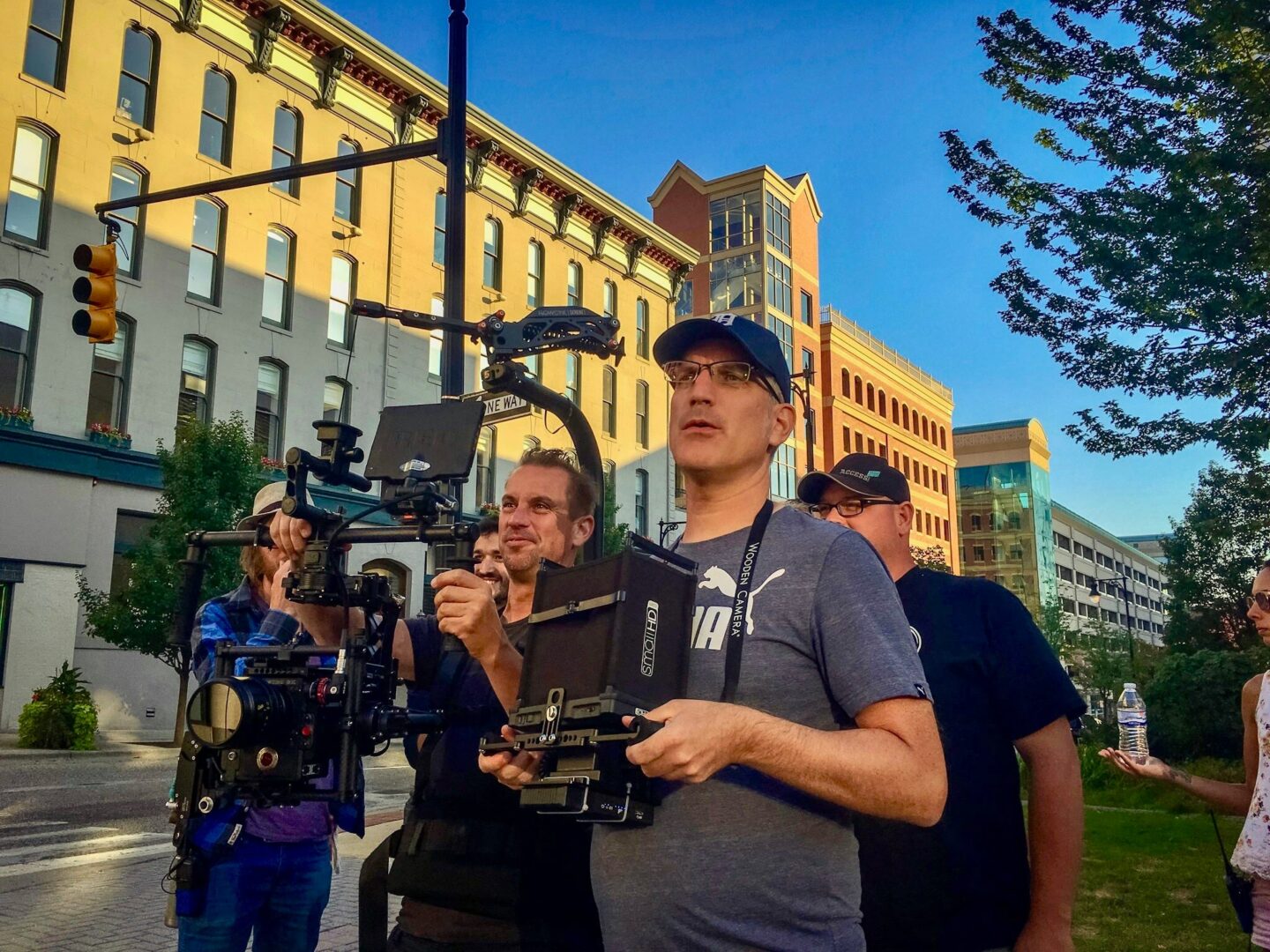
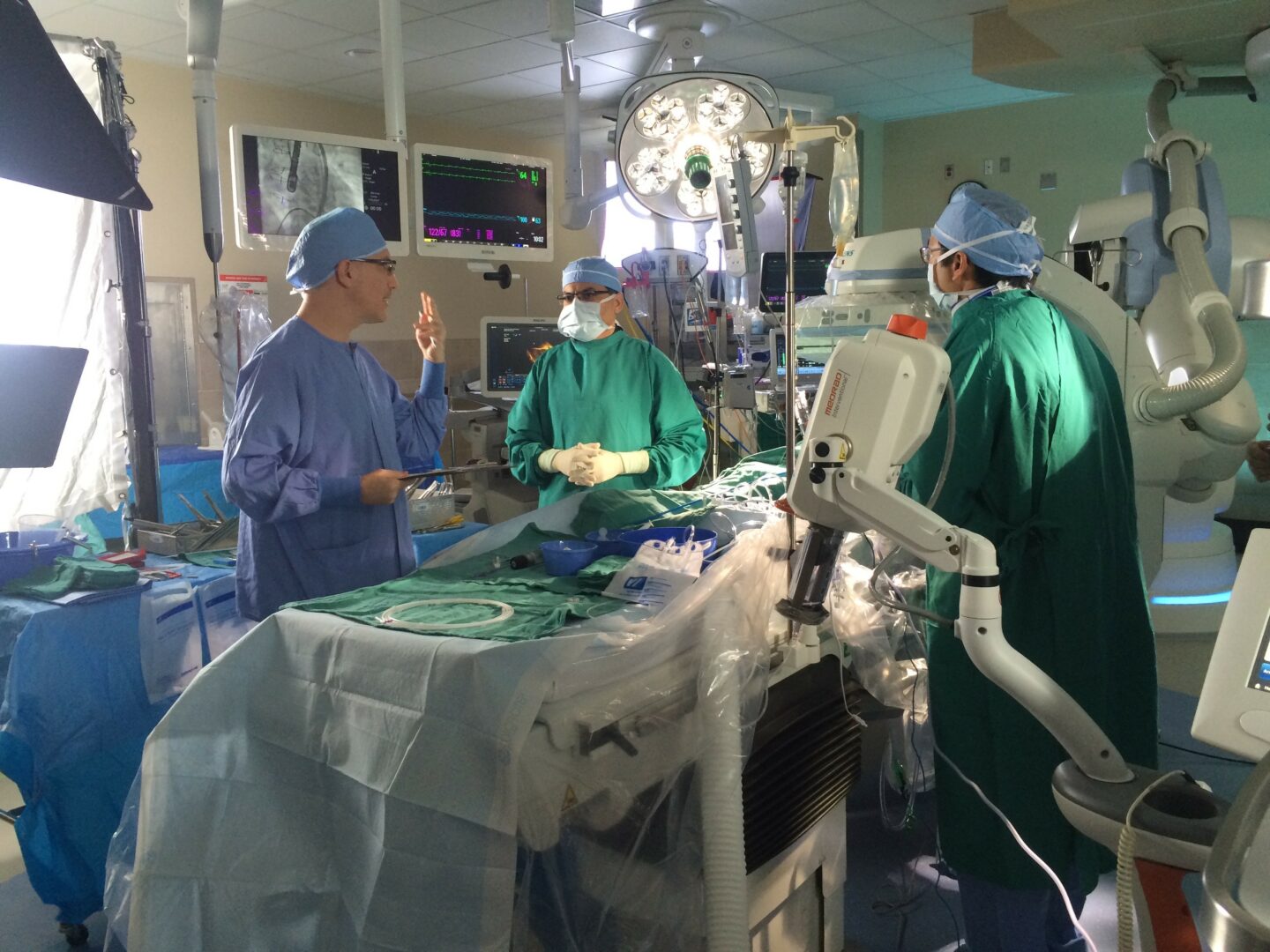
How can folks who want to work with you connect?
We’re always excited to collaborate with creative minds who are passionate about making a visual impact. Whether you’re an artist, a band, a writer, or anyone with a story to tell, we’re interested in working with people who share a commitment to originality, authenticity, and bold storytelling—or in jointly creating pitch material.
If you’re inspired to collaborate, the best way to reach us is to send a message with a brief introduction, a description of your project, and any relevant materials or links. We review every inquiry thoughtfully and look forward to exploring ideas that push creative boundaries together. Please send inquiries to [email protected].
Contact Info:
- Website: https://chromebumperfilms.net
- Instagram: https://www.instagram.com/chromebumperfilms555
- Facebook: https://www.facebook.com/ChromeBumperFilms
- Linkedin: https://www.linkedin.com/in/quig555
- Twitter: https://x.com/chromebumpernet
- Youtube: https://vimeo.com/quig555
- Yelp: https://www.imdb.com/name/nm2131826
- Soundcloud: https://vimeopro.com/quig555/artist-profiles
- Other: https://www.60secondsmovie.com
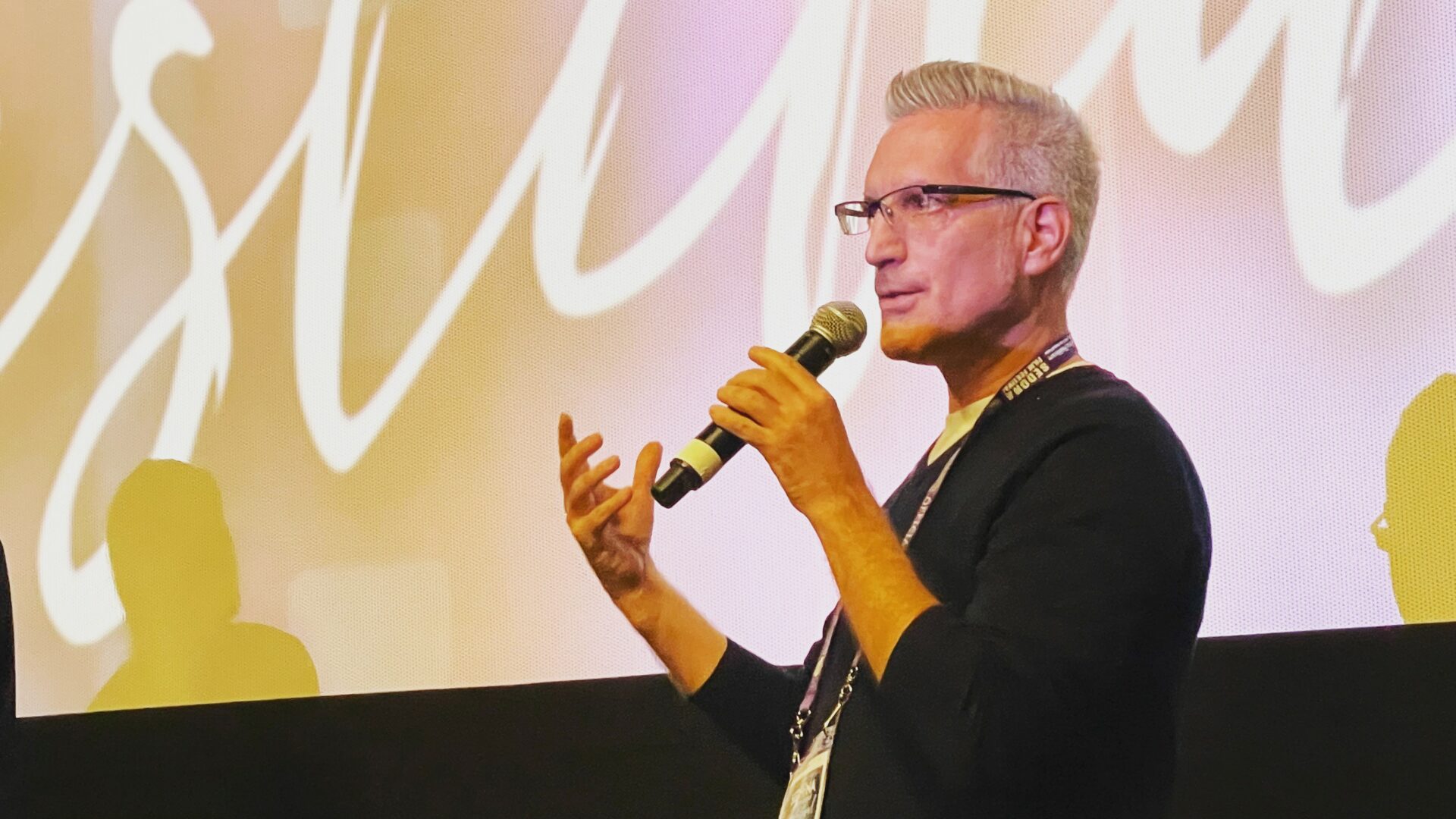
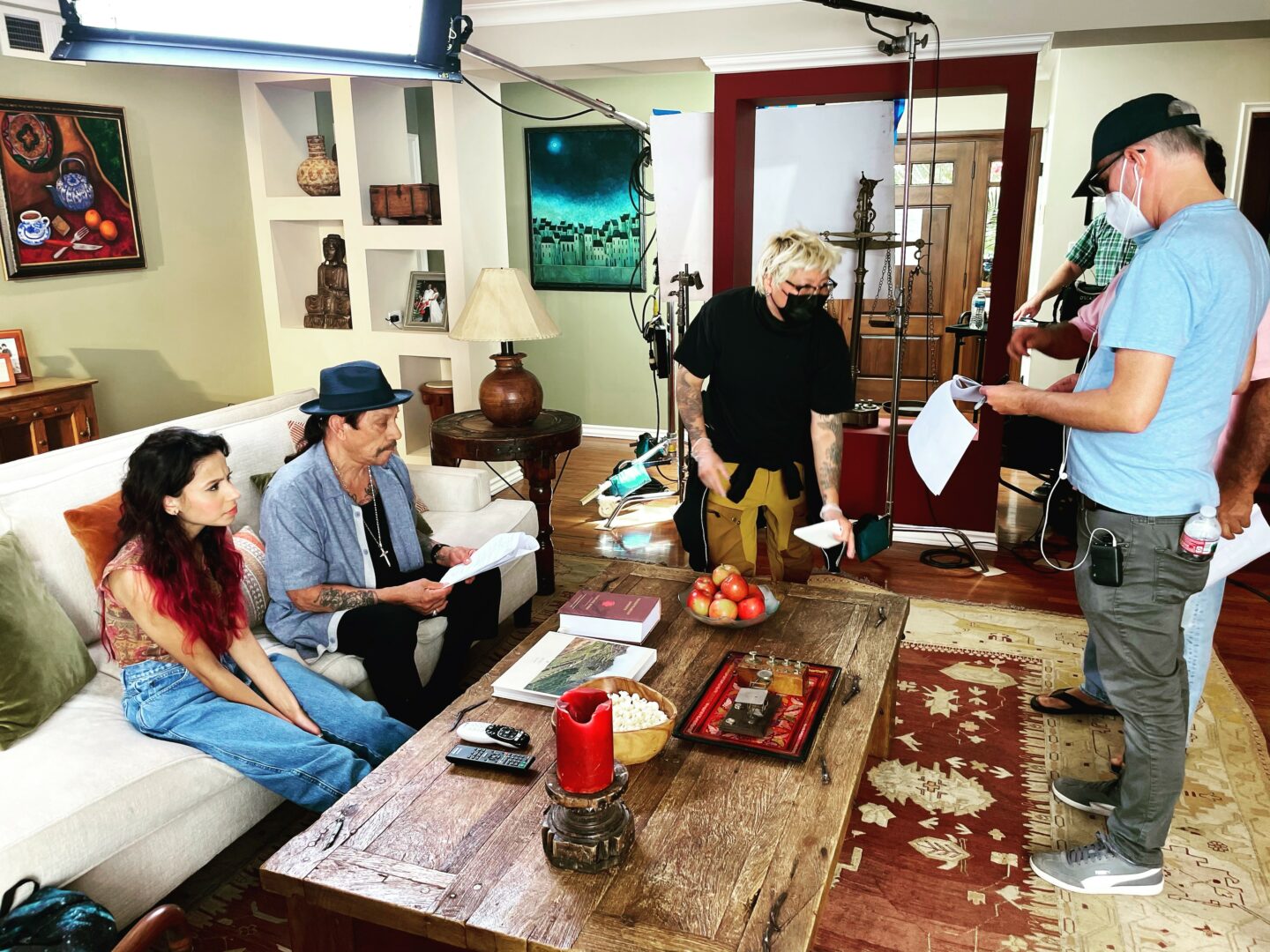
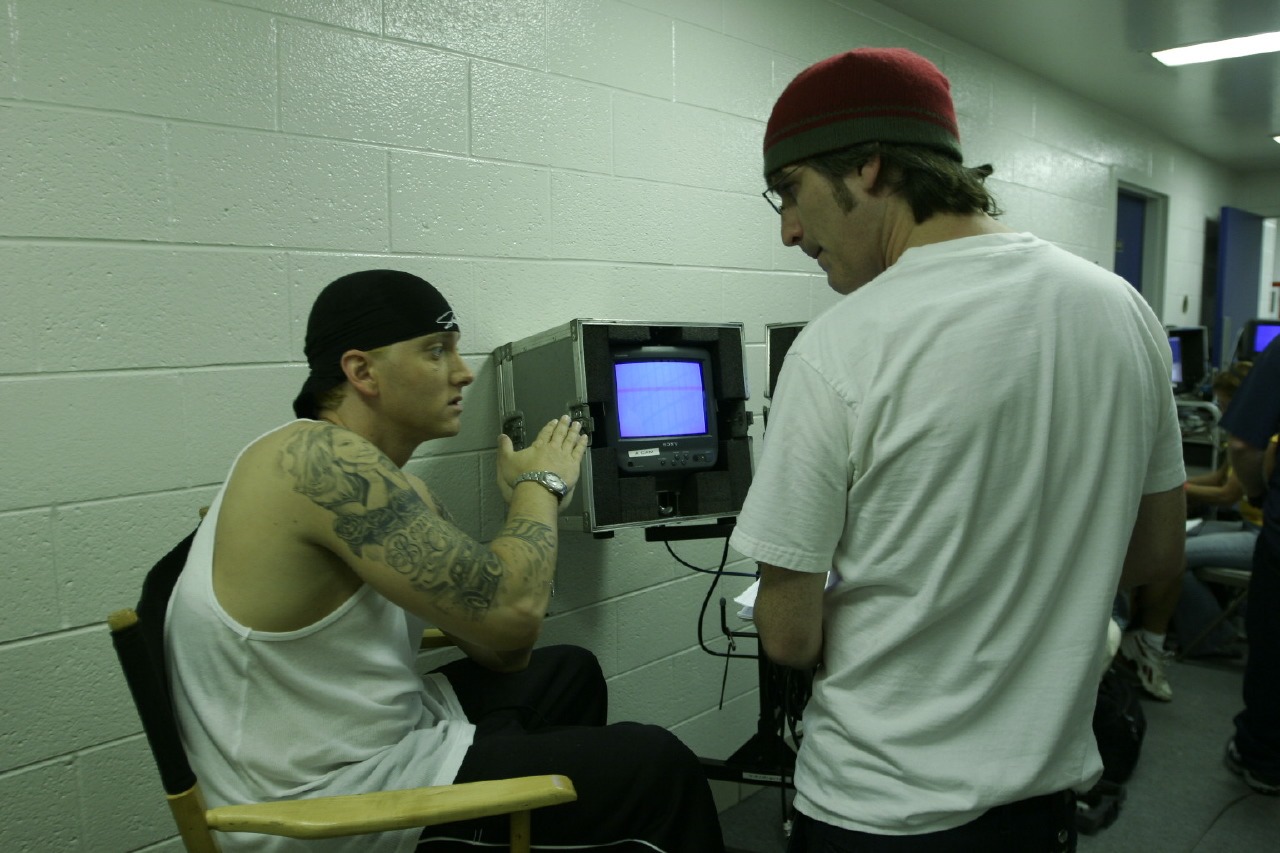
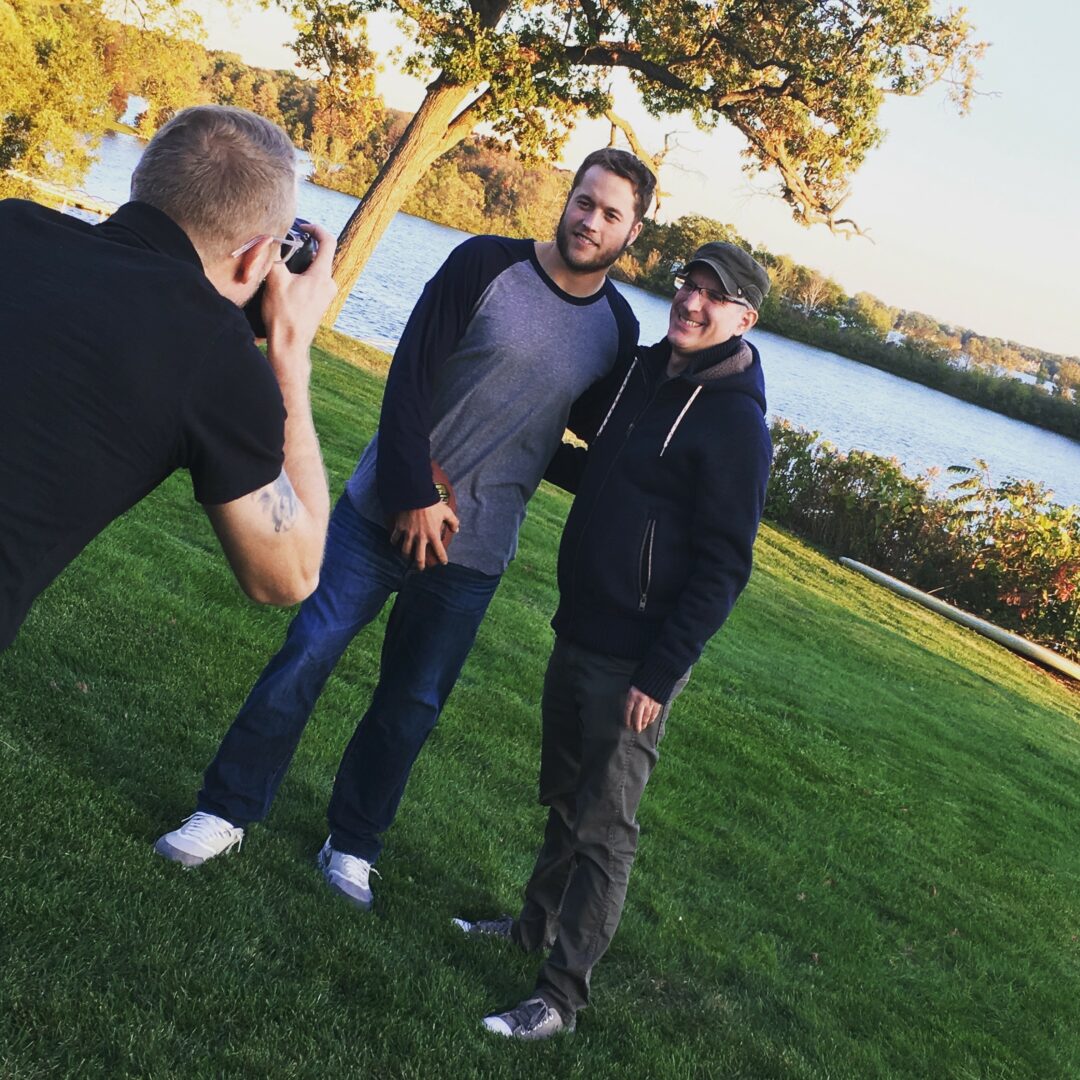
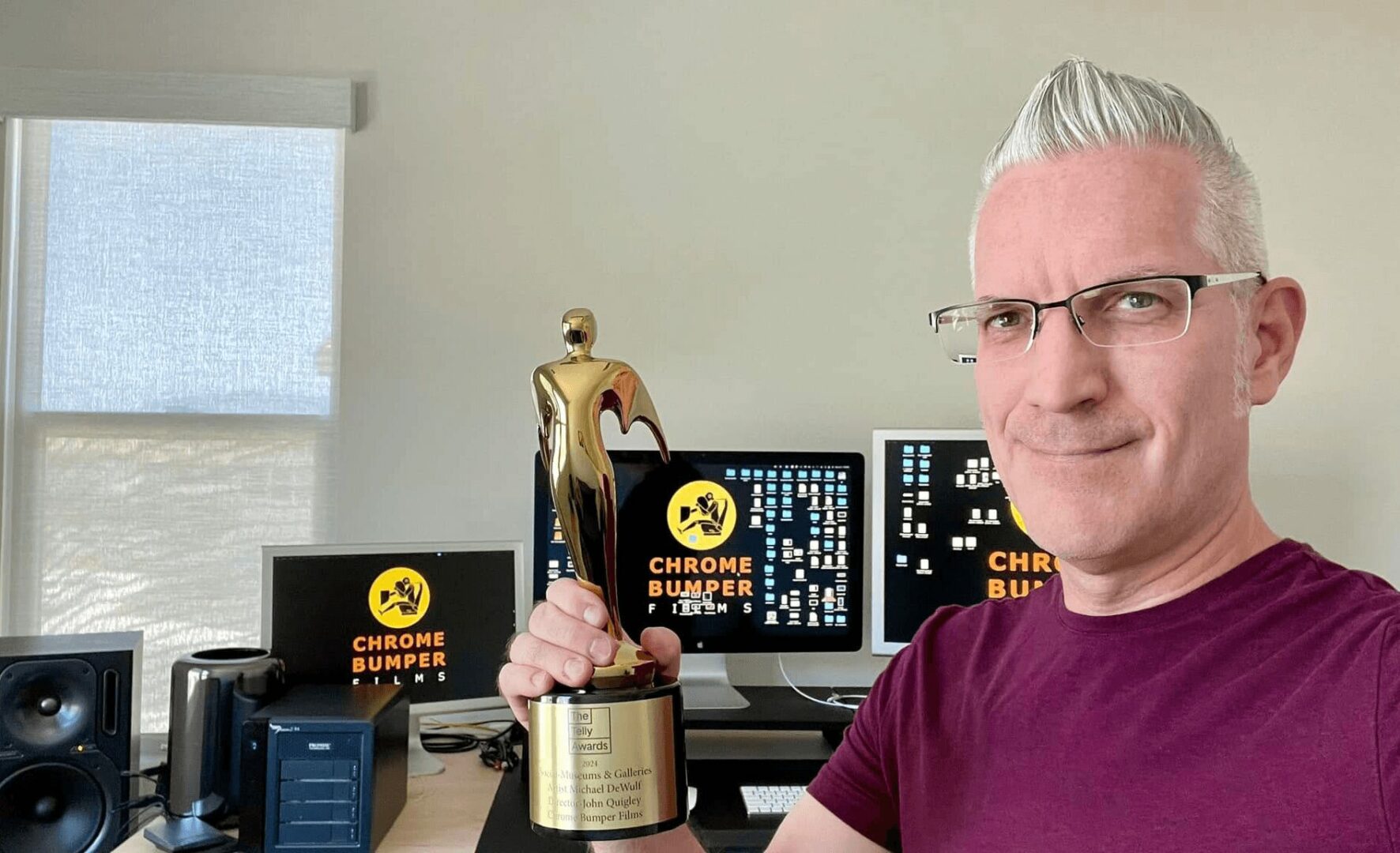
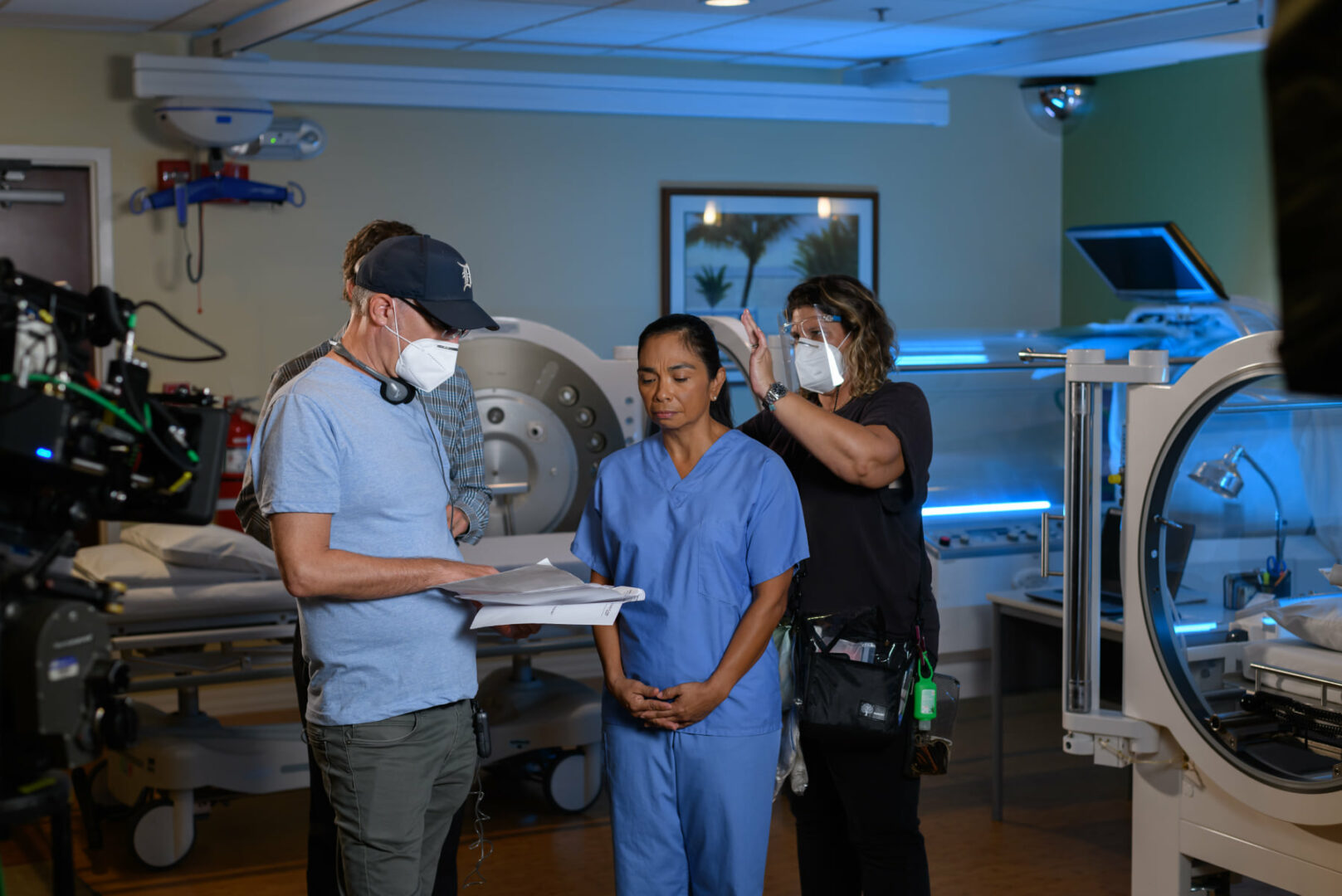
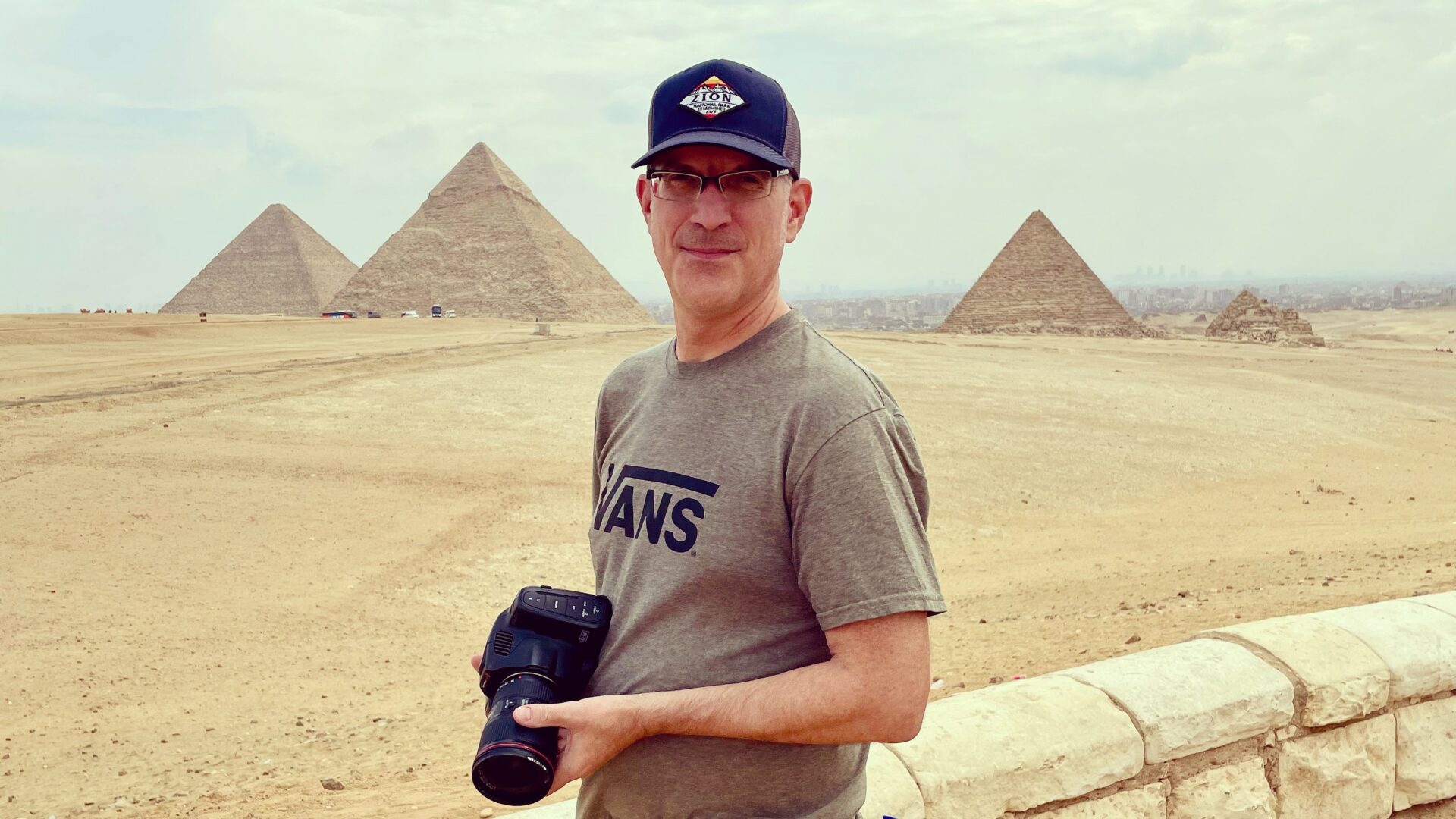
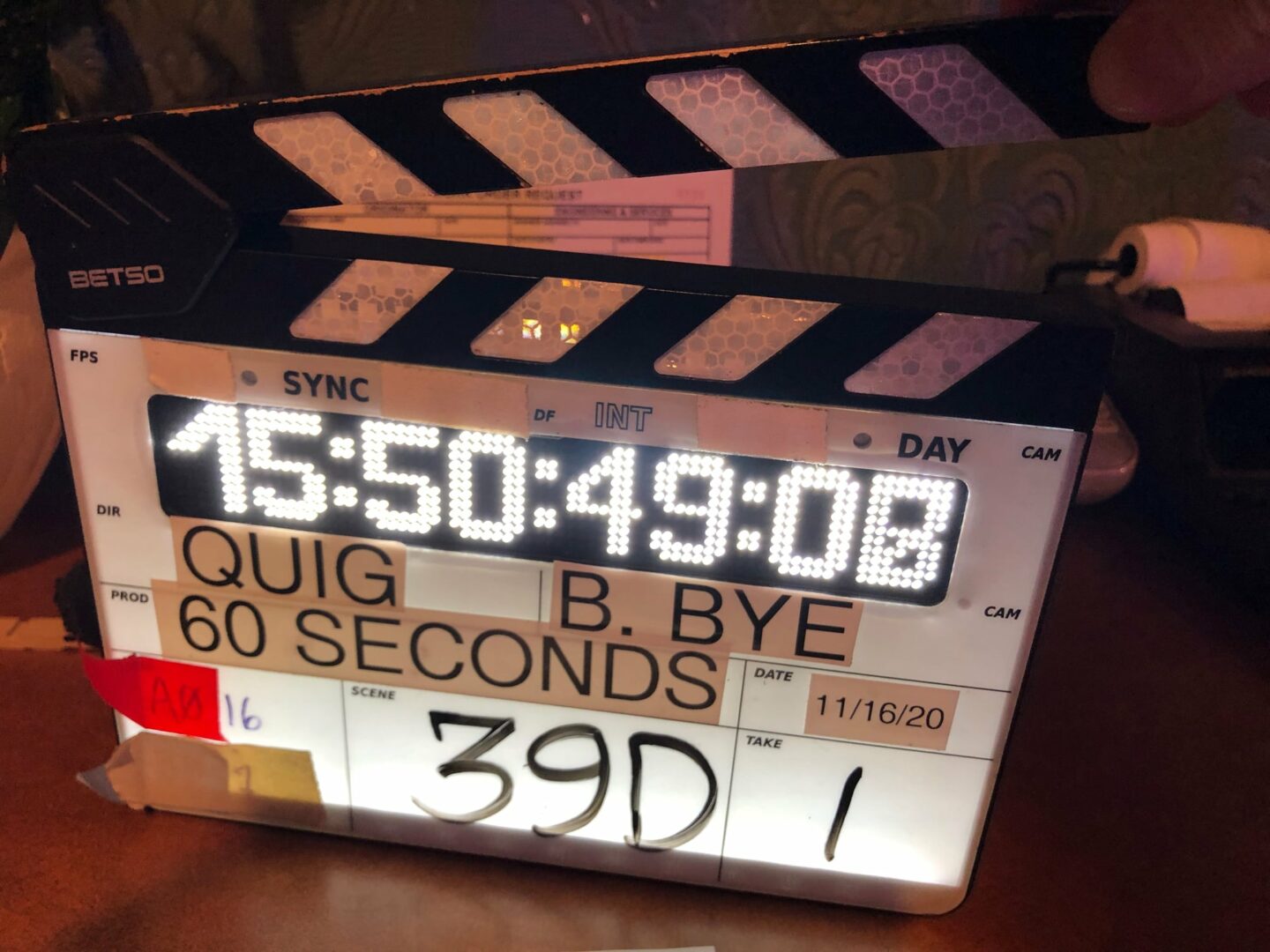
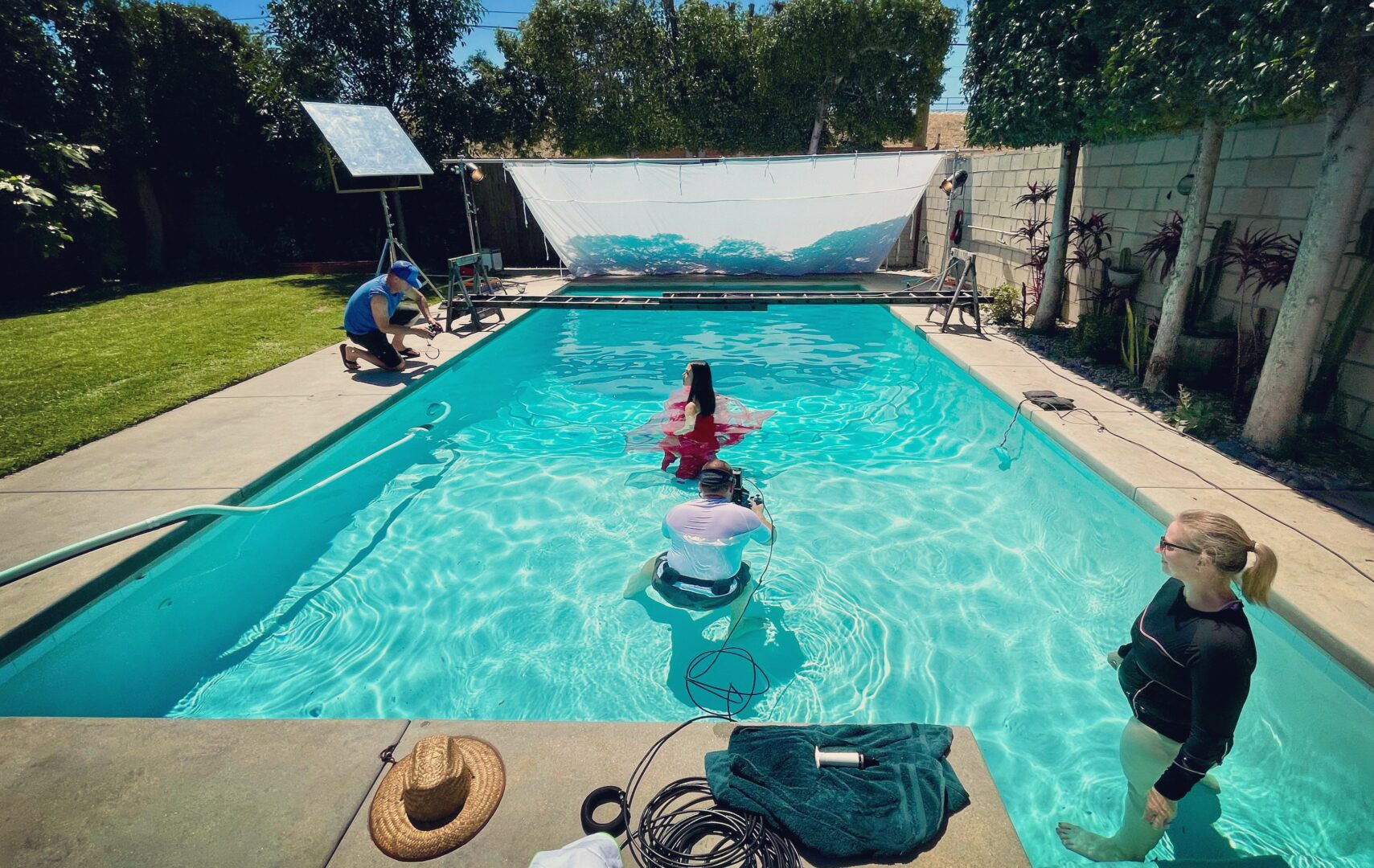
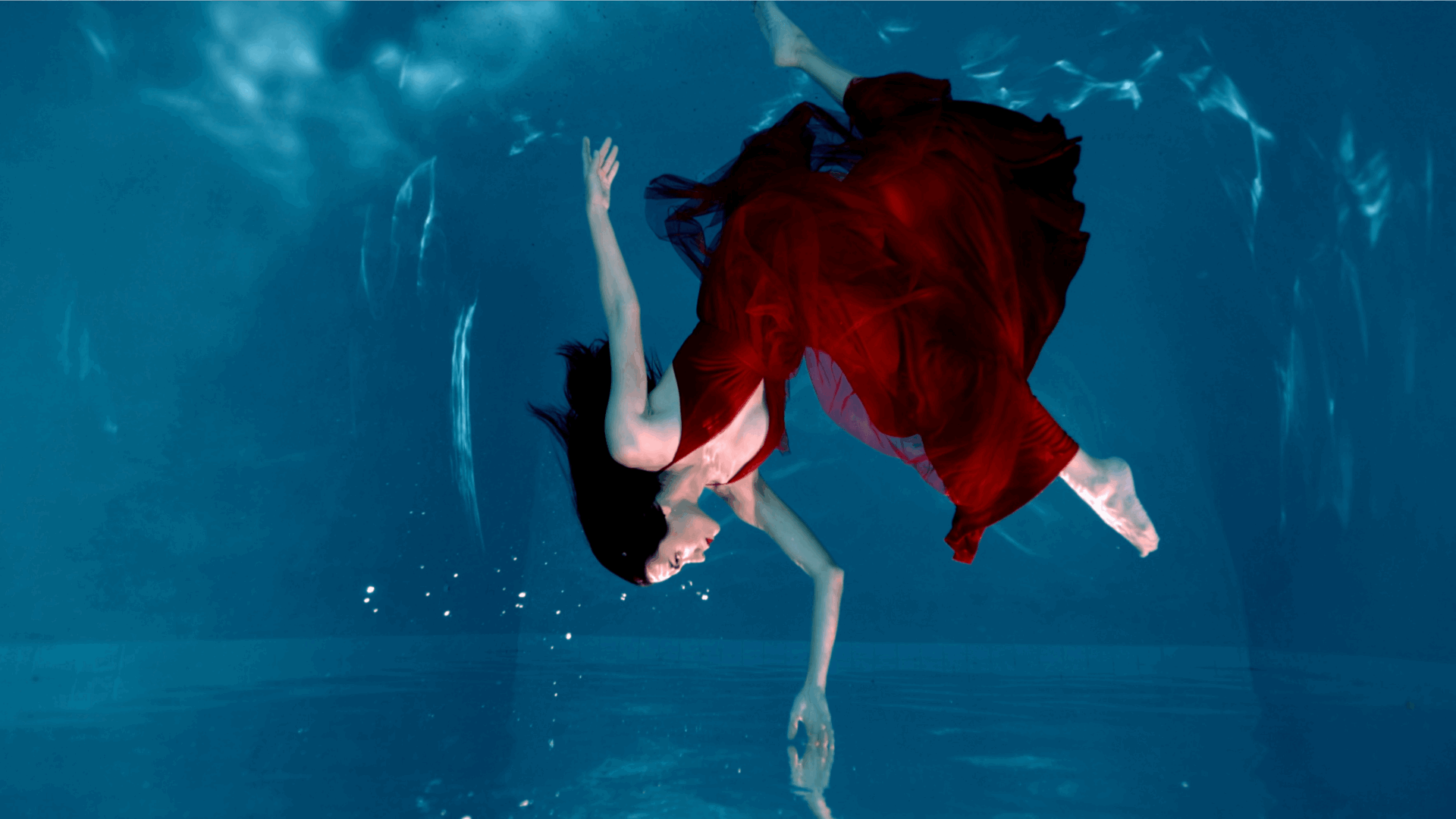
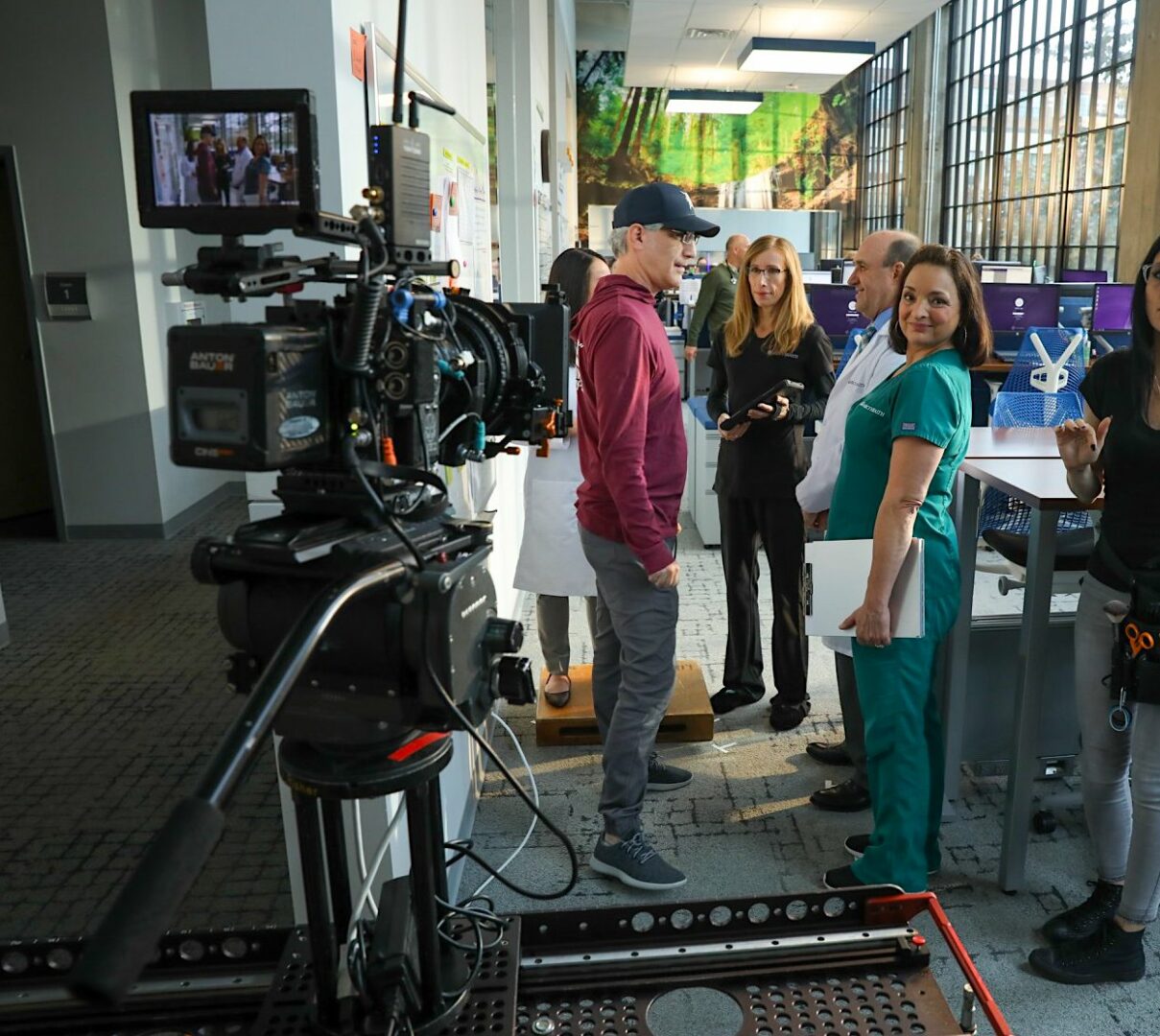
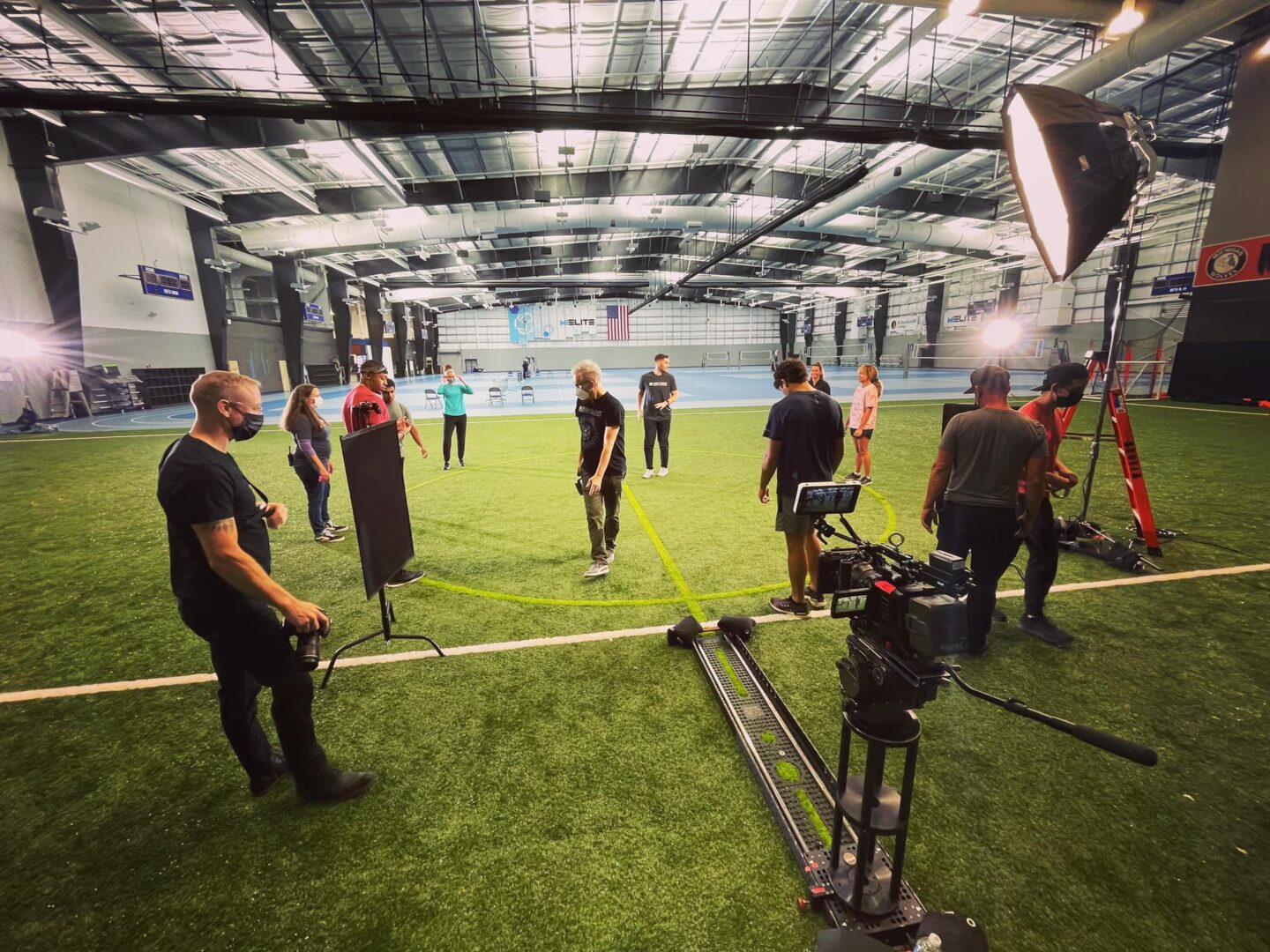
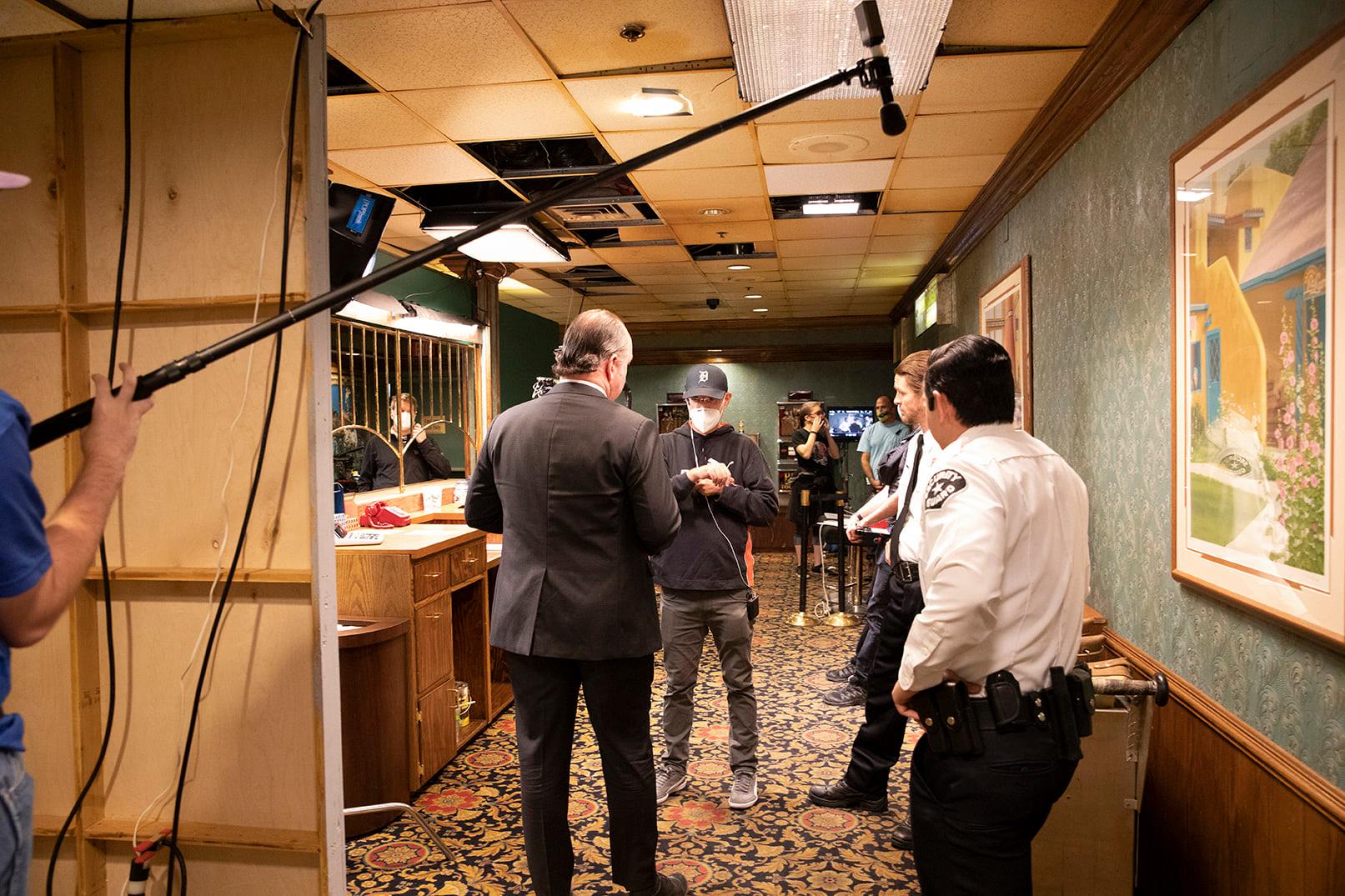
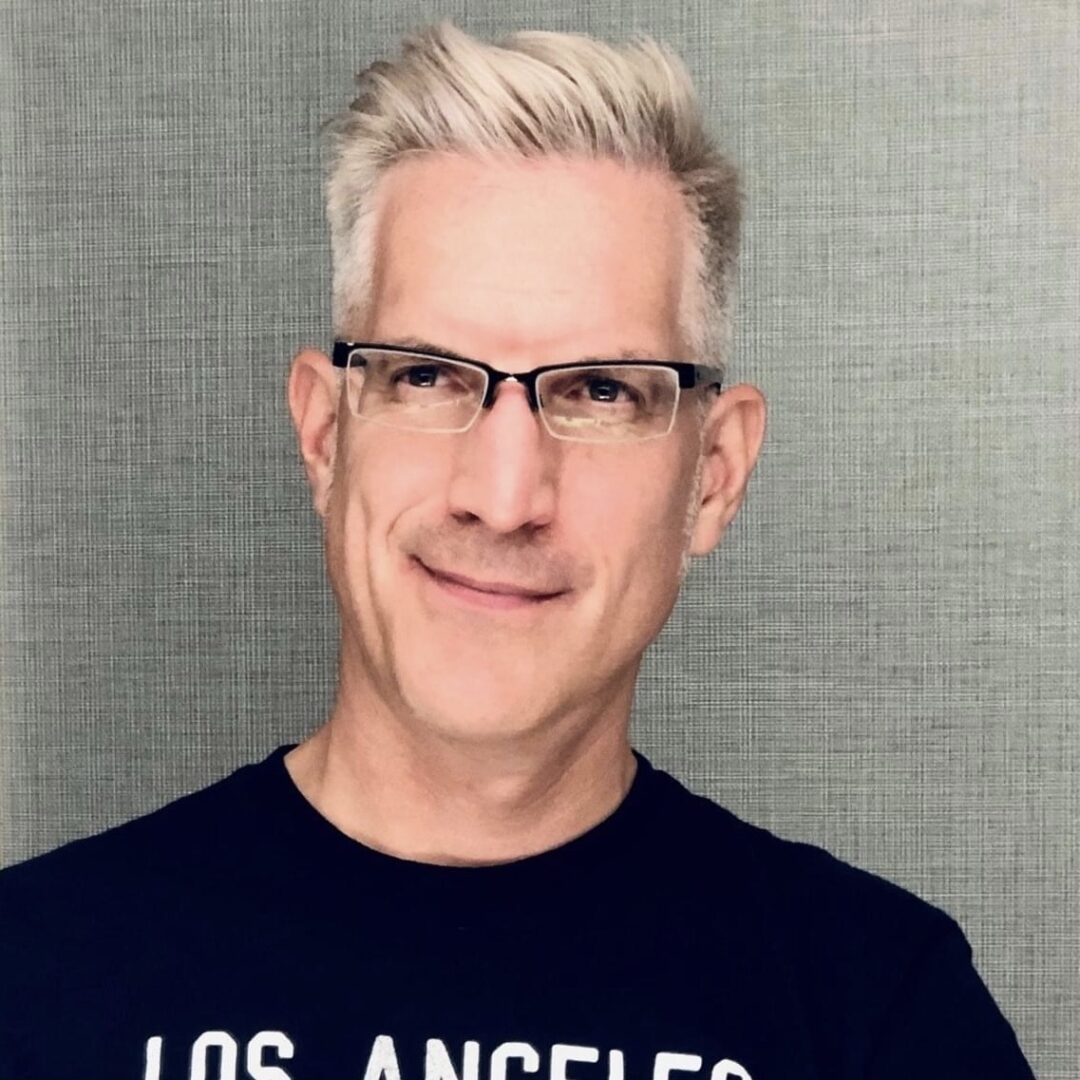
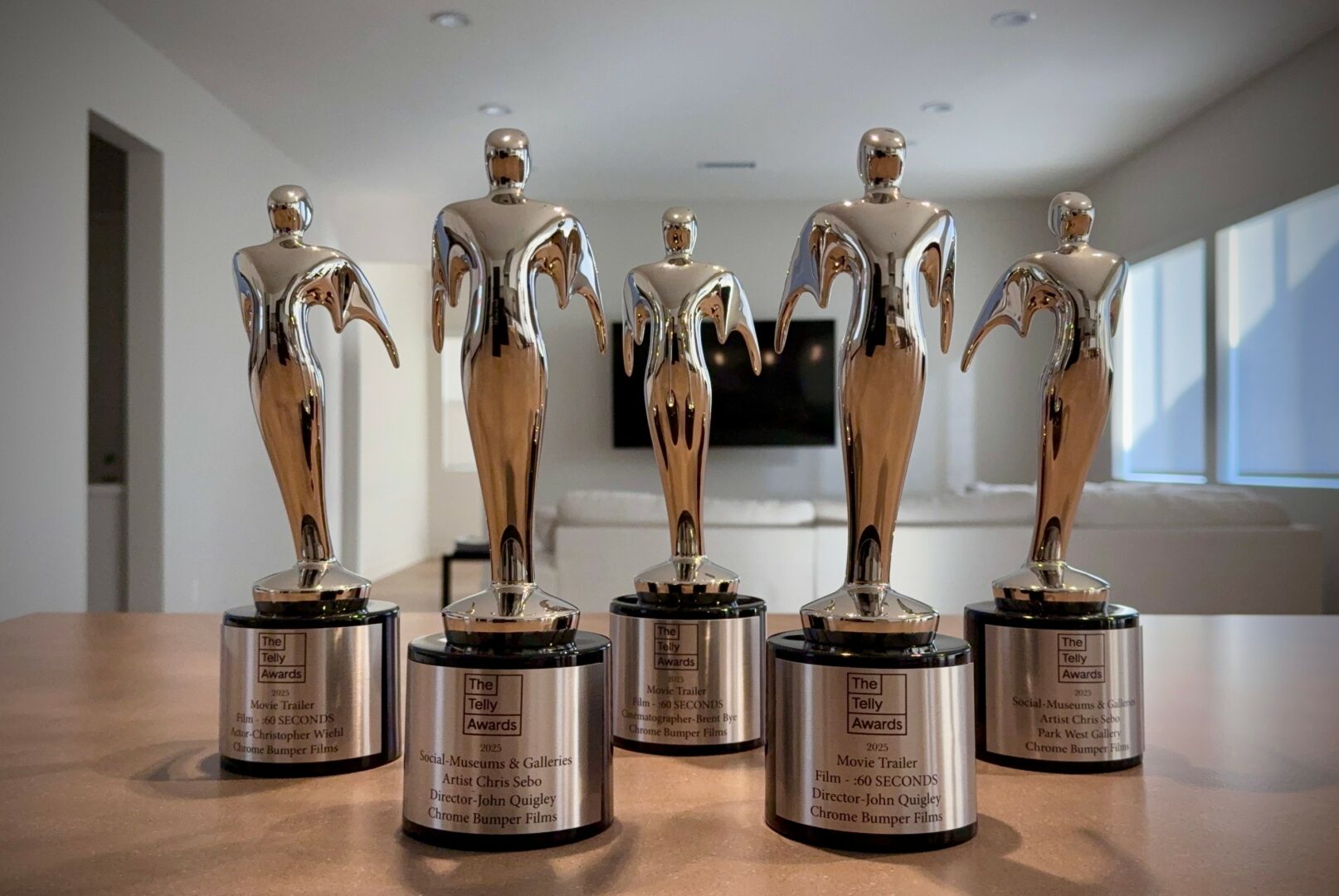
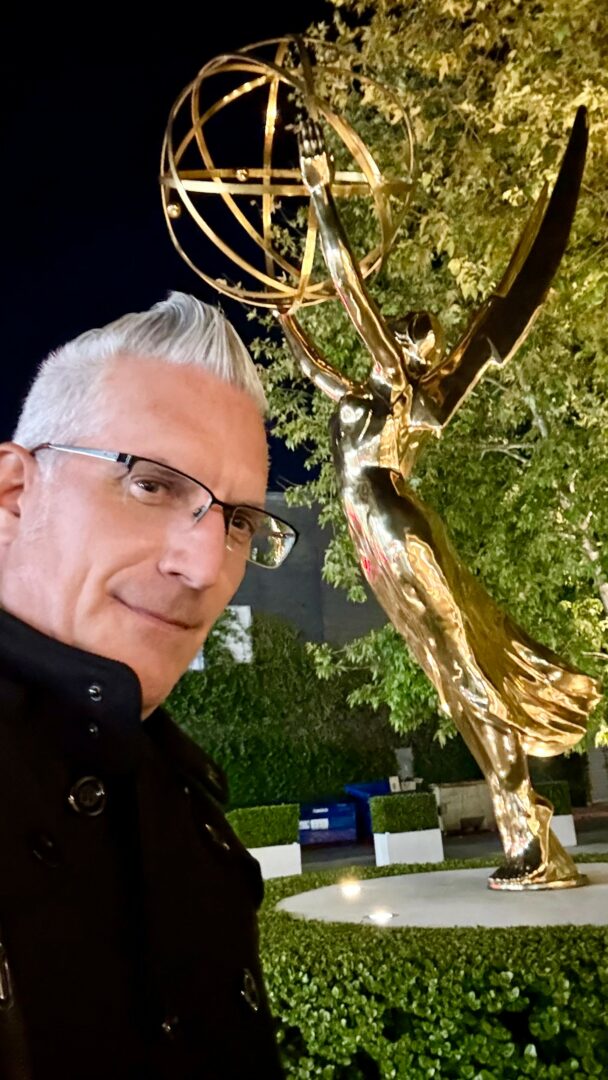
Image Credits
Michael Adams
Lauren Smoker
Jeremy Deputat
Chris Stranad
John Quigley
so if you or someone you know deserves recognition please let us know here.

